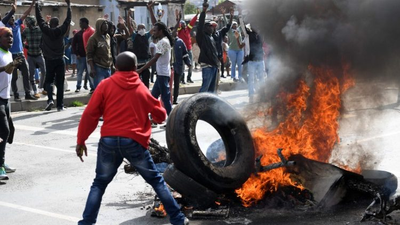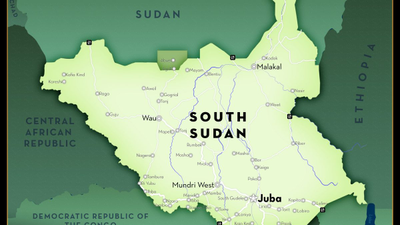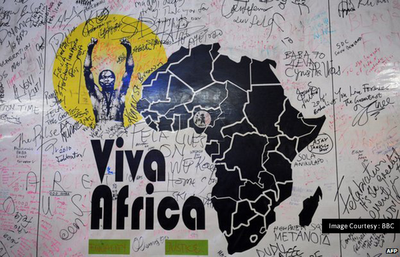South Africa’s 2016 budget: Will Gordhan’s gradual approach deliver? – On January 24, South Africa’s Finance Minister Pravin Gordhan presented South Africa’s 2016 budget. Creating and announcing the budget of the second-largest economy in sub-Saharan Africa is normally not an easy one, but it is especially difficult as the country is facing a number of well-known challenges. Gordhan has chosen a middle course when it comes to fiscal consolidation and has avoided an austerity budget. This is the right choice given the fragile economic conditions; however, Gordhan’s choice leaves structural measures as the main lever to reignite growth. The problem is that the budget appears to also have chosen a middle course on structural reform. Such a pace may not be fast enough for structural reforms to reignite growth. South Africa is still hanging by a thread, and markets are still going to demand more urgency.
What is the background for the 2016 budget?
In South Africa, economic growth has been weak since 2010, and unemployment and inequality remain stubbornly high. Business confidence is weak, and the country is facing a drought, which could increase food prices in some areas. High energy costs and difficult labor relations have constrained growth. South Africa also faces current account and fiscal deficits, and debt has almost doubled in the past seven years. Debt is close to 50 percent of GDP and has contributed to sovereign credit rating agencies downgrading the country’s debt to thelowest investment grade level.
The external environment is also not supportive for South Africa as commodity prices have plunged, damaging the country’s important mining sector. In addition, from October 2014 to 2015, only five Sub-Saharan countries performed worse than the South African rand (R) when measured against the U.S. dollar.
How does the 2016 budget plan to address South Africa’s challenges?
To address the country’s economic challenges, the 2016 budget targets two levers: fiscal consolidation and structural reforms. This approach is not surprising, as there is a consensus that both fiscal consolidation and structural reforms are needed. First, fiscal consolidation is necessary for putting the country’s debt on a more sustainable path. As Gordhan stated on Wednesday, “We cannot spend money we do not have. We cannot borrow beyond our ability to repay. Until we can ignite growth and generate more revenue, we have to be tough on ourselves.” Second, structural reforms are needed to reignite growth because current constraints have led to declining productivity growth and to lower potential growth. The International Monetary Fund estimates that potential growth has fallen to 2-2.5 percent implying a negative output gap of 0.5-1.4 percent in 2014.
Let’s turn to fiscal consolidation first or, more importantly, to the pace of fiscal consolidation. South Africa’s 2016 budget accelerates the pace of fiscal consolidation compared to theOctober 2015 Medium-Term Budget Policy Statement (MTBPS) when the growth forecast was better and assumes that a primary surplus (the fiscal balance before debt service costs) will be achieved in the 2016/2017 fiscal year. The fiscal balance will be reduced to 2.4 percent by 2018/2019 from 3.9 percent in the current fiscal year.
Market participants have been disappointed by the pace of consolidation in the 2016 budget as they were expecting it to fall along the same line as the February 2015 budget (see Figures 1-3). The rand fell against major currencies, and the yield on the benchmark 10-year bond rose by about 21 basis points following Wednesday’s budget speech. However, markets rebounded the next day following a statement by Standard & Poor’s that the 2016 budget targets were consistent with the agency’s assumptions of planned fiscal consolidation and did not require an immediate credit-rating action.
Read more: brookings.edu




